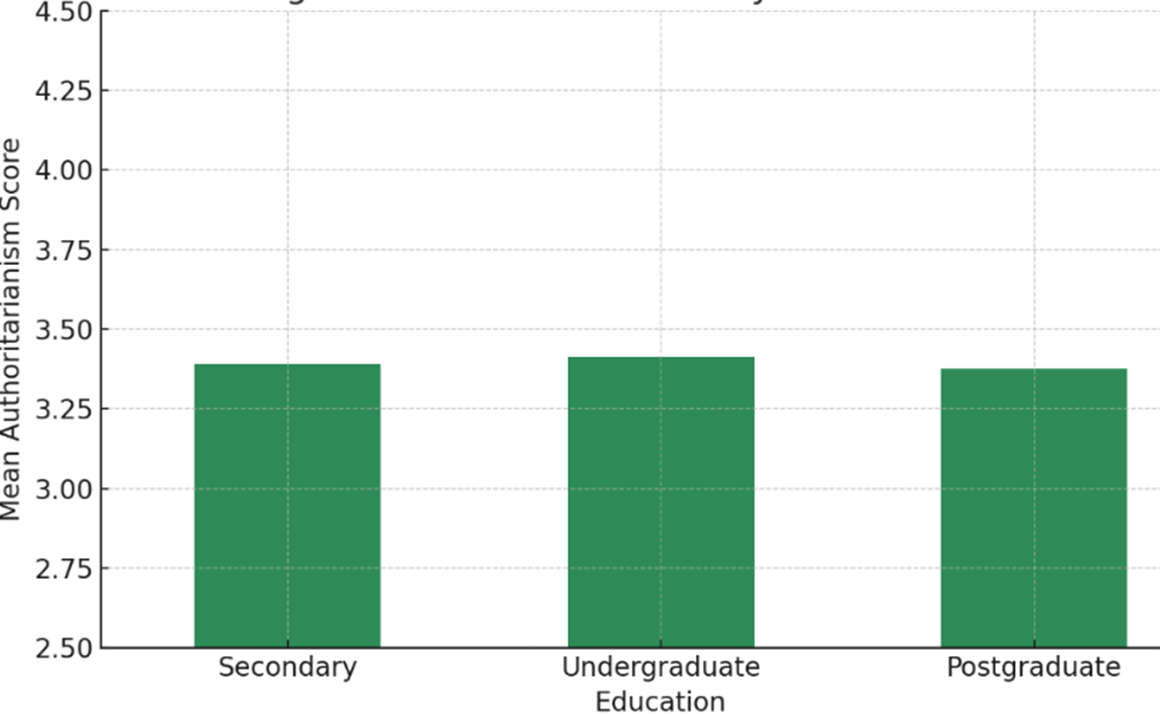Digital Authoritarianism and Democratic Attitudes in Pakistan: A Socio-Political Analysis of Trust, Surveillance, and Public Perception
Keywords:
Digital Authoritarianism, Authoritarian Attitudes, Political Trust, Digital Surveillance, Public OpinionAbstract
In recent years, digital authoritarianism the use of digital technologies by state and non-state actors to surveil, repress, and manipulate populations has increasingly shaped the political landscape globally, including in Pakistan. This study investigates the interplay between digital authoritarianism and public attitudes toward authoritarian governance within Pakistan's complex socio-political context. Drawing on survey data collected from 500 respondents across diverse demographic groups, the research analyzes how age, education, income, political trust, and perceived political stability correlate with authoritarian attitudes. Results reveal higher authoritarian tendencies among older, less educated, and lower-income individuals, particularly when coupled with low political trust and perceptions of instability. The study highlights the chilling effects of digital surveillance and the paradoxical role of democratic intentions in fostering authoritarian outcomes. Findings underscore the urgency of strengthening democratic institutions and digital rights protections to counterbalance rising authoritarianism. This research contributes to the expanding scholarship on digital authoritarianism by contextualizing it within Pakistan’s unique political dynamics and offers policy recommendations to nurture democratic resilience in the digital era.








